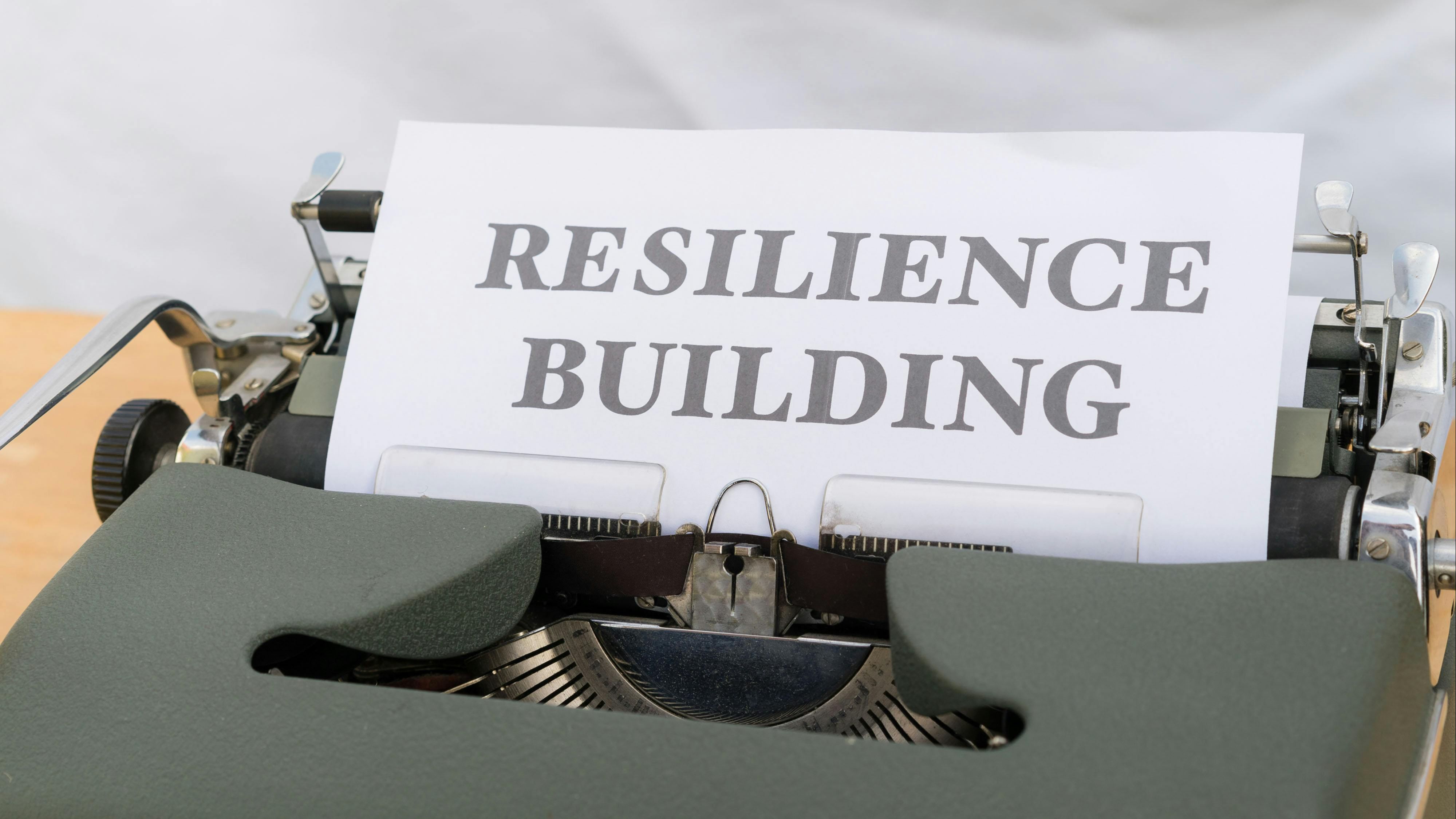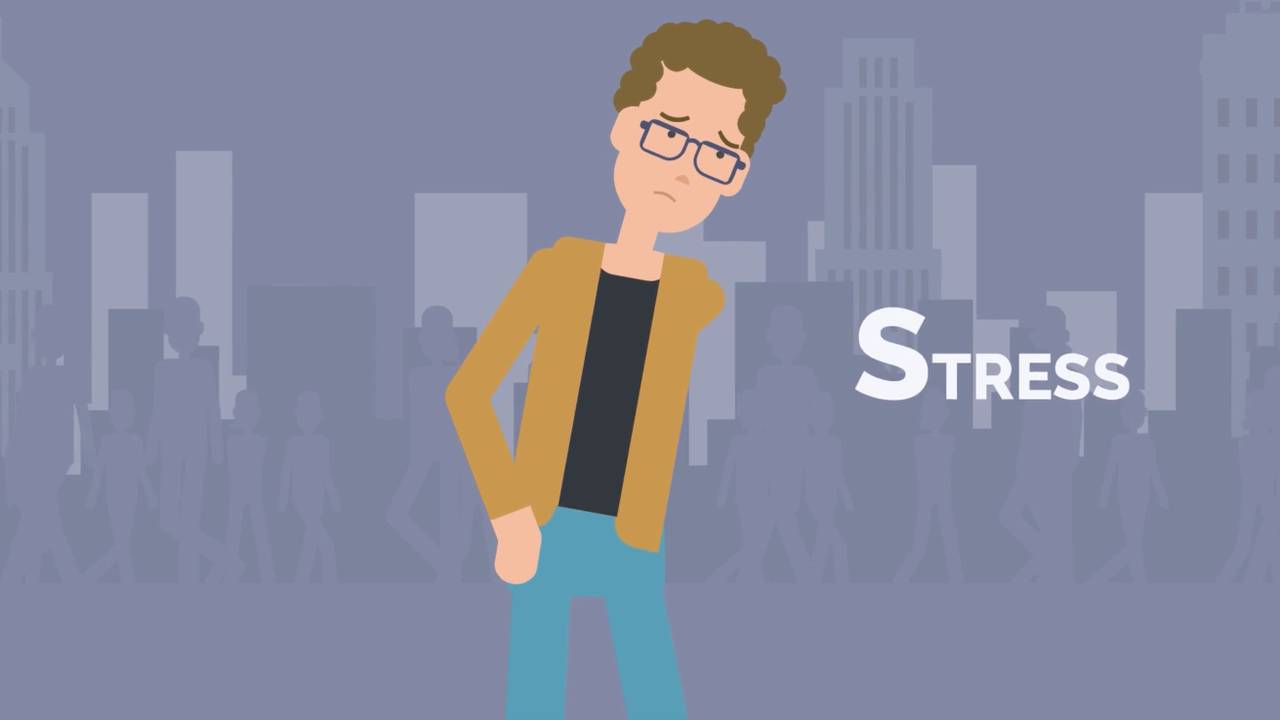Vision & Values: Your Blueprint for a Quality Life
Crafting a Quality Life: The Power of Vision and Values
In our fast-paced world, it’s easy to get swept up in the hustle and bustle, losing sight of what truly matters. However, living a quality life is not just about ticking off achievements or accumulating wealth. It’s about having a clear vision and understanding your core values. These elements are the compass that guides you through life’s complexities, helping you to live with purpose and fulfillment.
Why Vision Matters
A vision is like a lighthouse in the distance, offering direction and hope amidst life’s uncertainties. It’s not just about setting goals; it’s about defining what you want your life to look like in the long run. When you have a clear vision, you create a roadmap that helps you navigate challenges, make informed decisions, and stay focused on what truly matters.
A powerful vision gives you:
- Purpose: It provides a sense of direction, ensuring that every step you take is aligned with your long-term aspiration ...
Discovering Happiness: Unlocking the Secrets to Lasting Joy
In our quest for contentment, we often overlook the foundational keystones that anchor our sense of fulfillment. Amid the hustle and bustle of modern existence, two pillars emerge as luminaries guiding us towards a life imbued with joy and purpose: agency and gratitude. Together, they form a potent fusion, empowering us to navigate life's twists and turns with resilience and grace.
Empowering Agency:
At its essence, agency embodies the conviction that we possess the power to shape our own destinies. It is the unwavering belief in our ability to effect change, make choices aligned with our values, and steer the course of our lives. Rooted in the seminal work of psychologists like Albert Bandura, agency encompasses four key facets:
- Intentionality: Making conscious commitments to take charge of our lives, free from the constraints of external influences.
- Forethought: Envisioning our desired future and charting a course towards our goals with purpose and clarity.
- Self-reactiveness: ...
Introduction to Sleep's Role in Resilience - A Q-Life Sneak Peek
Welcome to this sneak peek into the Q-Life program! In this brief clip, we’ll explore how quality sleep is a cornerstone of resilience. Discover how getting the right amount of rest can boost your mental strength, help you bounce back from challenges, and support a resilient lifestyle. Stay tuned to learn more about the transformative power of sleep and how Q-Life can guide you toward a healthier, more resilient you.
Exploring Hardiness: A Key Factor in Building Resilience

In an era characterized by rapid change and uncertainty, resilience has become an essential trait for individuals and communities alike. A crucial component of resilience is hardiness, a personality trait that equips individuals to handle stress and adversity effectively. This blog delves into the concept of hardiness, examines whether it has diminished over time, and discusses initiatives like the Q-Life that aim to strengthen this vital characteristic.
Understanding Hardiness and Its Role in Resilience
Hardiness is a personality trait that helps individuals withstand stress and adversity, making it a critical component of resilience. The concept, introduced by Suzanne C. Kobasa in 1979, encompasses three core attitudes:
- Commitment: A deep engagement with life’s activities and an interest in the surrounding world.
- Control: The belief in one’s ability to influence events through personal effort.
- Challenge: Seeing change and challenges as opportunities for personal growth rath ...
How Work Culture is Killing Your Resilience and Mental Health

In today’s demanding work environments, the pressure to perform can often eclipse the importance of mental health and resilience. Despite practicing numerous resilience skills, some work cultures can still overwhelm our mental defenses. The notion that one can simply become more resilient and thrive in any environment is a myth, especially in toxic or unsupportive workplaces.
The Limits of Resilience Skills
While resilience skills can be beneficial in many circumstances, there are situations where they simply aren’t enough. Certain work cultures can be so demanding and unrelenting that they exhaust even the most robust resilience strategies. If employees consistently face these challenging conditions, their mental health and resilience will inevitably suffer.
The 13 Factors of Workplace Mental Health
To understand the impact of work culture on mental health, it’s essential to consider the 13 factors related to mental health in the workplace. These factors provide a comprehensive fr...
The Hidden Reasons You're Less Resilient Today – And How to Bounce Back Stronger

In recent years, many of us have noticed a troubling trend: our resilience seems to be waning. The ability to bounce back from adversity, handle stress, and adapt to change feels harder to come by. Why is this happening? Let's explore some compelling reasons behind this phenomenon and how we can reclaim our resilience.
The Impact of Social Comparison Platforms
One of the most significant factors undermining our resilience is the pervasive influence of what I call "social comparison platforms," commonly known as social media. These platforms are designed to keep us engaged by encouraging constant comparison with others. Research has shown that excessive use of social media can lead to feelings of inadequacy, anxiety, and depression . By constantly comparing ourselves to curated and often idealized versions of others' lives, we undermine our self-worth and resilience.
The Evolution of News Media
The news industry has also transformed dramatically. In the mid-20th century, news was of...
